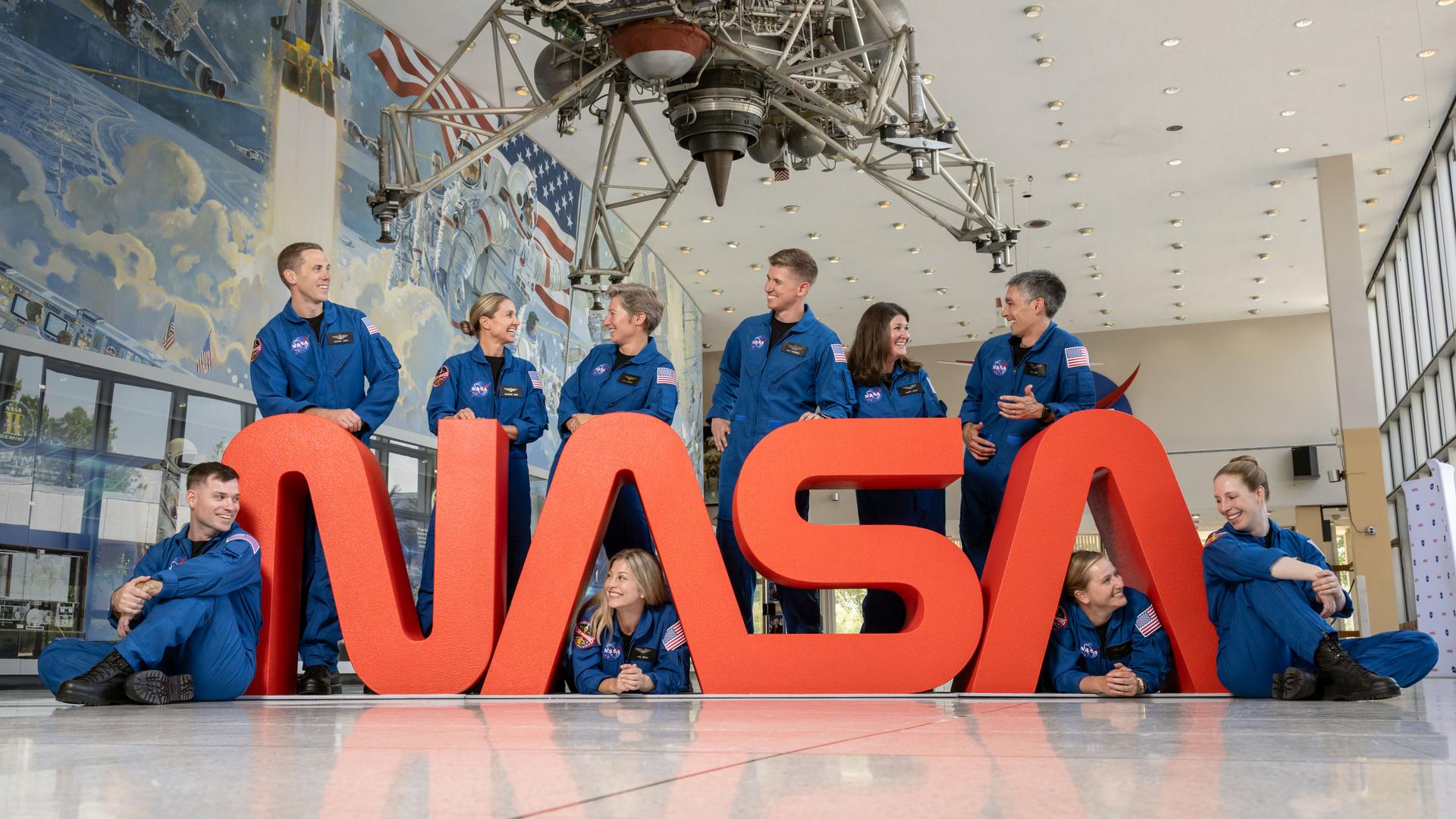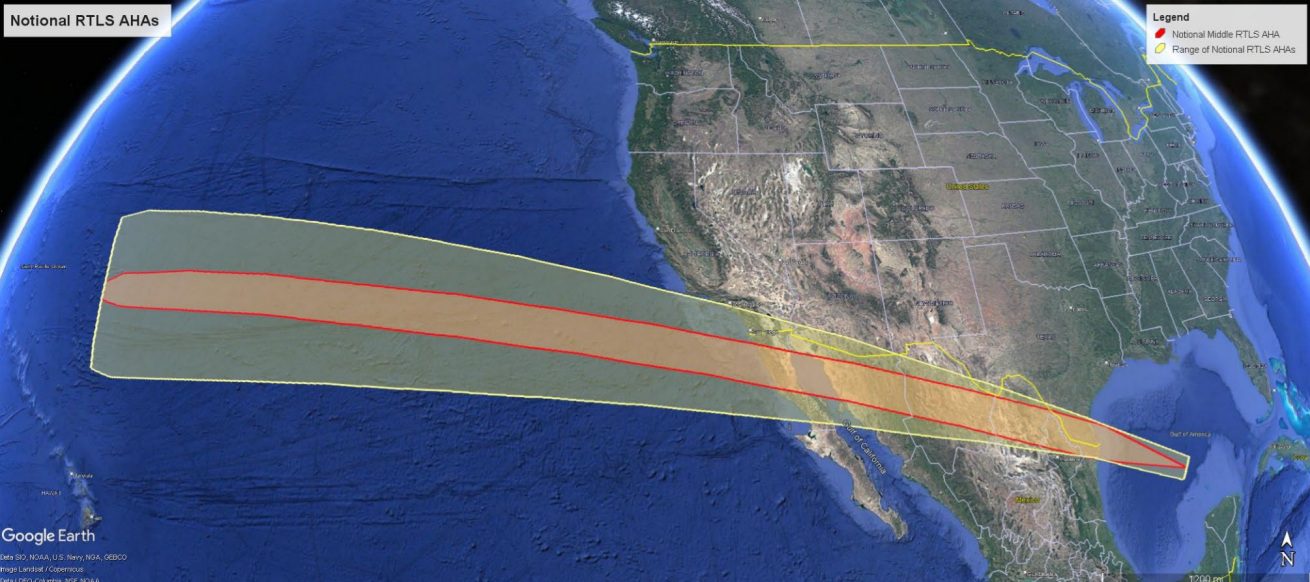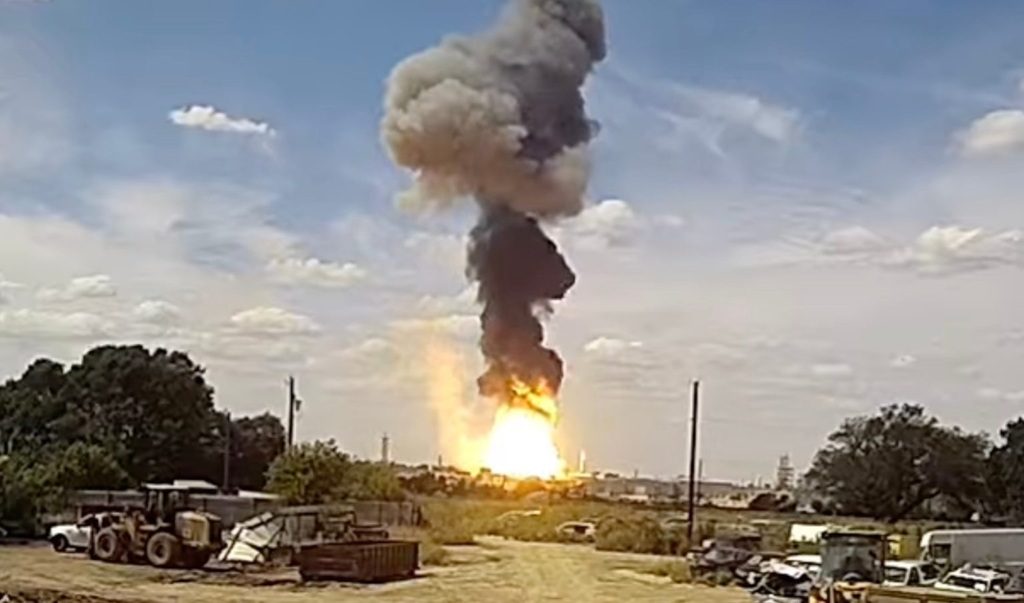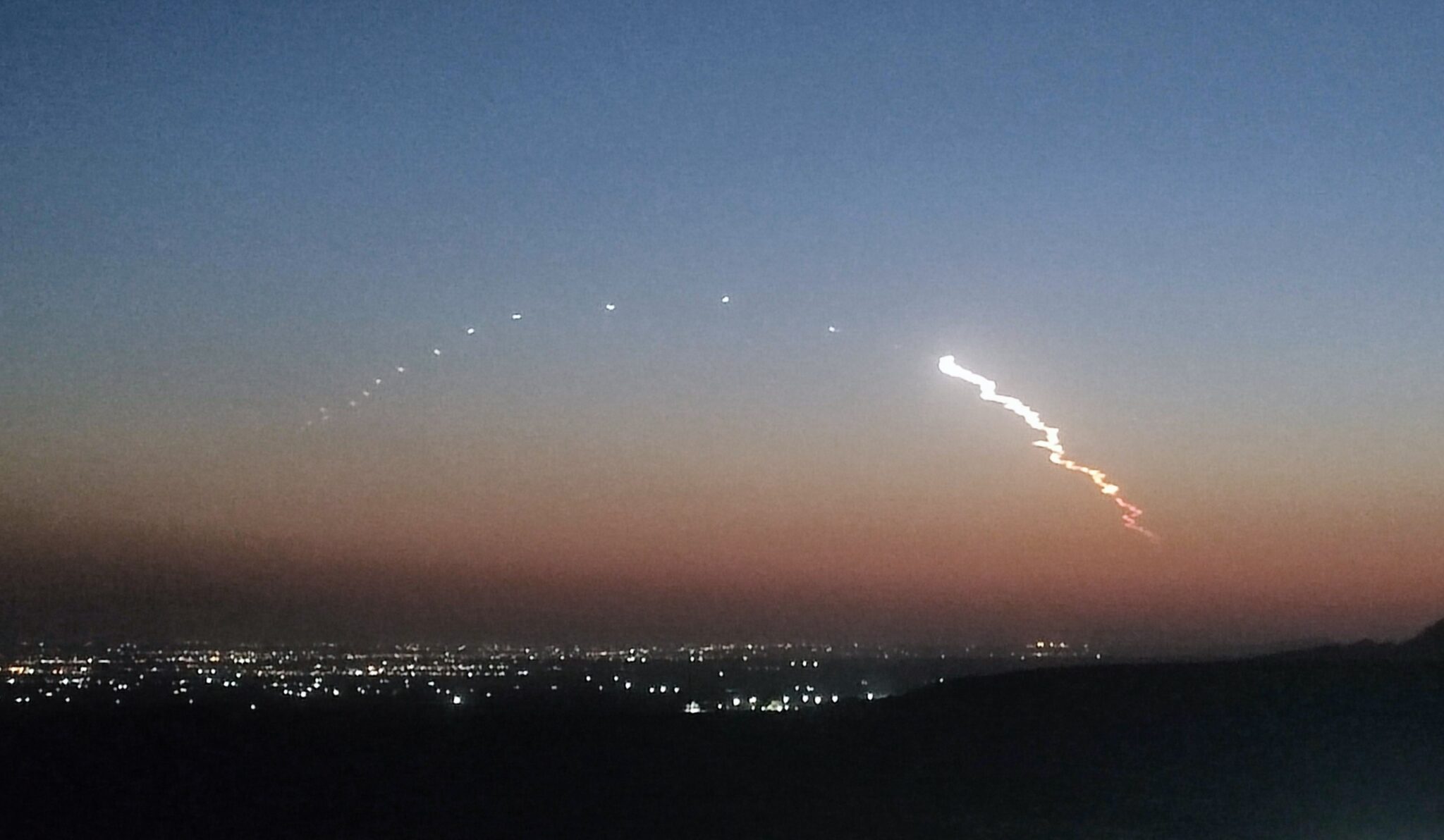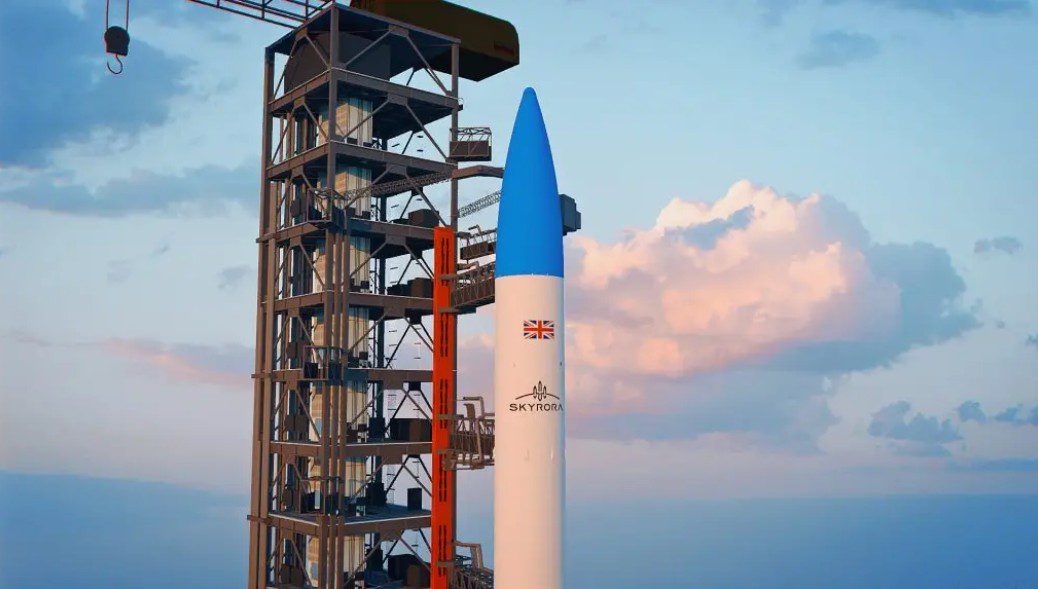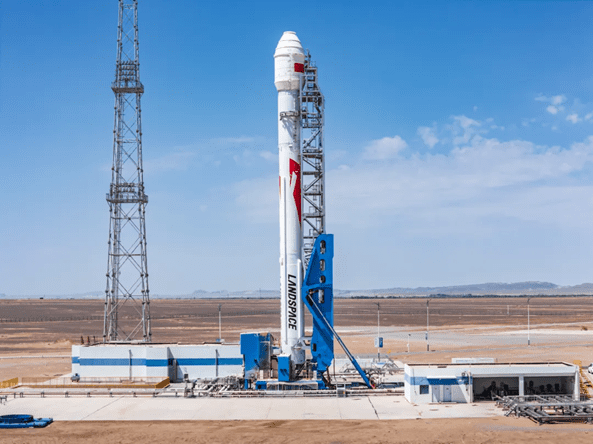Most of those living today will not have been alive during the World Wars of the Twentieth Century. And yet, the Coronavirus Covid-19 Pandemic, with all its sorrow and restrictions on normal life, has given a little taster of what wartime life was like on the various home fronts of those wars. And for some nations the death total has been more. USA has now lost 500,000 souls to the pandemic, more than all its fatalities during World War I and II.
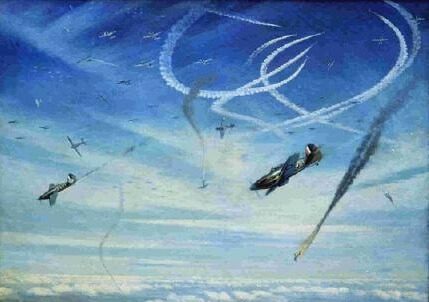
RAF Hawker Hurricanes are shown diving this painting which also has the contrails often seen during the Battle of Britain in August and September 1940. Courtesy: RAF Museum
So how far have we got in this Coronavirus war? Well, in terms of World War II answer is 1943. By that year, after the close run thing of the Battle of Britain (1940), and turning point victories at the Midway (1942), El Alamein (1942), Stalingrad (1942-43), and finally in the Battle of the Atlantic (1940-43), the allies were definitely on their way to winning.
And so with the development of several successful vaccines it could be said that the world finds itself in a similar position of having an end in sight to this so very destructive pandemic.
That is not to say that there will not be bitter struggles and setbacks to come – just like in World War II. For example, fears remain that a “vaccine escape” may yet be perpetrated by one of the new Covid-19 variants appearing. And yet the current evidence about the state of play is encouraging. A combination of increasing vaccinations and lockdown measures have dramatically reduced infection and especially death rates – to the point that countries are considering – with extra caution this time after their previous relaxations proved to be too rapid – how they can reopen normal economic life safely.
There have been some political issues that have affected the vaccine roll outs. Post Brexit bitterness and a need to show it had not made mistakes in its ordering, made the European Commission churlishly try and stop European-manufactured supplies reaching the UK.
Meanwhile, voices within the World Health Organisation (WHO) started to worry about whether developing nations would ever get vaccine supplies. Like the advice to serve yourself oxygen first on depressurising airliner so that you can help others later, First World nations are, to some extent, able to use this argument as an excuse for serving their populations vaccines first. Nevertheless, fears remain that smaller nations are being “pushed aside” & may even be forgotten. Thankfully, this is now looking less likely now that China and Russia and the West are competing to supply their vaccines as kind of pawns in the geopolitics of the new Cold War.
The space industry has suffered – and continues to suffer – from other effects of the pandemic. Viasat has had to delay the launch of one of its Viasat 3 satellites after its payload development and construction fell behind its timeline. Similarly, satellite operator Echostar has revealed that its Jupiter-3 communications satellite launch will be delayed due to Covid-19 related delays to the production of some of its spacecraft components.
Meanwhile, launch providers around the world have suffered delays in their schedules and space insurers premium levels were cut as a result. An example of a launch provider suffering such a delay was Virgin Orbit, which, having suffered a maiden flight failure last year, had to wait two months longer than it had planned for its reflight. “By December we were ready with our new rocket, said Dan Hart, CEO of Virgin Orbit, in an interview with the Sunday Telegraph (21 February 2021), “but we were impacted by Covid heavily and had to stand down. With Contact Tracing, four cases quickly became dozens.” In the end their reflight went well, to his team’s relief.
With respect to satellite services, satellite-based telecommunications service providers continue to suffer along with their cruise and airline clients from the travel restrictions caused by the pandemic. Meanwhile, several sporting events have been cancelled or severely curtailed by crowd restrictions. The largest FSS (Fixed Satellite Services) TV event of the year, the Olympic Games in Tokyo, remains a doubtful prospect with most people in Japan not wanting them to go ahead, especially because Japan has been behind the curve in its approval and roll out of vaccines.
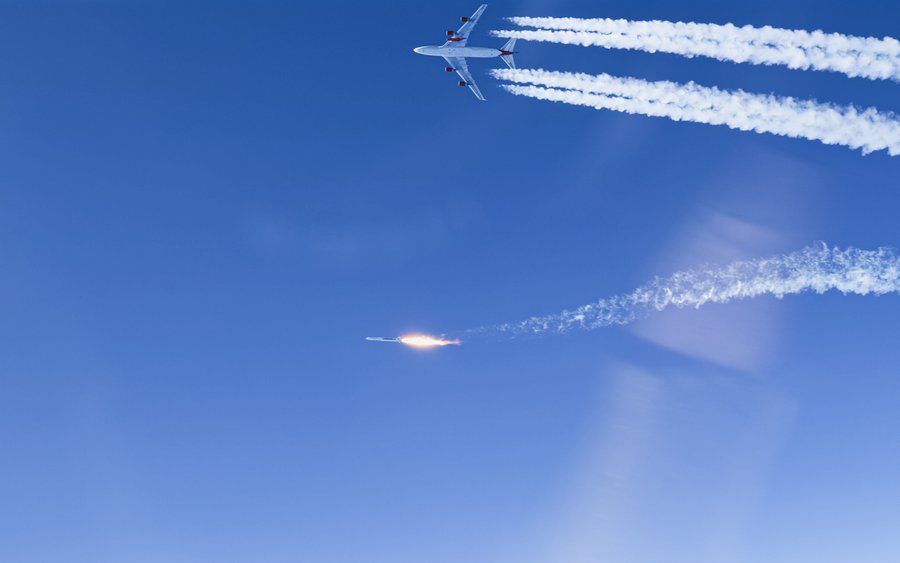
After its Covid-19 delays, Virgin Orbit’s second flight of LauncherOne goes well after its release in January 2021. Courtesy: Virgin Orbit
While the space and related industries has suffered some problems related to delays and the loss of some markets, Space as a sector overall has done remarkably well. For while commercial aviation and travel industries – and those industries that have supplied them – have been hobbled by restrictions on travel, the need for international communication has never been greater.
Meanwhile, in this era of nationalism, expansionism, and international assassinations and cyberwarfare, defence spending has gone up – with space becoming a major beneficiary. Even space exploration has been turned into an internationally competitive race with China, Russia and the US led alliance all vying to reach the Moon. And this race is further driving spending in space exploration and research.
As we look to a brighter future, we hope that lessons will have been learned from this pandemic – not least from those world leaders who made so many errors – both forced and unforced. At least one good thing has happened during this disaster: the true value of some professions and activities: nursing, old age care, teaching – even dentistry, have come into public focus. In other words it is not just commerce, defence or law enforcement that are important. These professions deserve our respect and thanks, but once the full recovery is underway will they be forgotten again?


